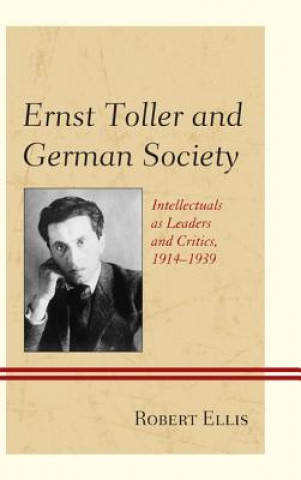
Kód: 02383135
Ernst Toller and German Society
Autor Robert Ellis
During the years of Weimar and the Third Reich, Toller was one of the more active of the "other Germany's" left-wing intellectuals. A leader of the Bavarian Soviet of 1919, he had in addition won the Kleist prize and was recognize ... celý popis
- Jazyk:
 Angličtina
Angličtina - Väzba: Pevná
- Počet strán: 250
Nakladateľ: Fairleigh Dickinson University Press, 2013
- Viac informácií o knihe

Mohlo by sa vám tiež páčiť
-

Nanostructured Thin Films and Nanodispersion Strengthened Coatings
214.64 € -

Modular Forms
202.14 € -

LMS Handbook
27.23 € -5 % -

Estudo de Comunicacao Publica e Gestao da Informacao para Assessoria
79.97 € -

Family Planning
19.96 € -13 % -
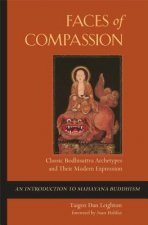
Faces of Compassion
19.24 € -5 % -
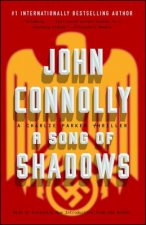
A Song of Shadows
19.24 € -6 %
Darujte túto knihu ešte dnes
- Objednajte knihu a vyberte Zaslať ako darček.
- Obratom obdržíte darovací poukaz na knihu, ktorý môžete ihneď odovzdať obdarovanému.
- Knihu zašleme na adresu obdarovaného, o nič sa nestaráte.
Viac informácií o knihe Ernst Toller and German Society
Nákupom získate 391 bodov
 Anotácia knihy
Anotácia knihy
During the years of Weimar and the Third Reich, Toller was one of the more active of the "other Germany's" left-wing intellectuals. A leader of the Bavarian Soviet of 1919, he had in addition won the Kleist prize and was recognized as one of Germany's best playwrights. Indeed, during the years of the Weimar Republic, the popularity of his works was unquestioned. His first play, Die Wandlung, was soon sold out and required a second edition; his dramatic works and poems were translated into twenty-seven languages. During the 1920's it was said that he "dominated the German and Russian theatre" and that he was the "most spectacular personality in modern German literature." It was common for contemporaries to classify him as one of the foremost German writers of the Weimar era. During the 1930s, as an exile, he popularized to foreign audiences the idea of "the other Germany" and became a leading spokesman against Hitler. However, it is Toller the social critic rather than Toller the dramatist with which thisbook is concerned, his ideas, his visions for Germany and Europe as transmitted in his works of fiction and prose. The book reflects on the responsibility an intellectual-critic has when writing about a democratic society (the Weimar Republic) that is unsuccessfully balancing between survival and annihilation. Toller was furthermore a Jewish intellectual. How did his religious traditions shape his views? He was also German and this raises a whole host of specifically Germanic patterns of looking at the world. He was also a left-wing intellectual and Toller is set in the broader context of left-wing intellectuals in Weimar and the Nazi era. A related reflection is to ask: so what? What difference did it make? How much of an influence do intellectuals have in the development of society? What is the relationship between intellectuals and their readers in a troubled society?
 Parametre knihy
Parametre knihy
Zaradenie knihy Knihy po anglicky Literature & literary studies Literature: history & criticism Literary studies: general
158.11 €
- Celý názov: Ernst Toller and German Society
- Autor: Robert Ellis
- Jazyk:
 Angličtina
Angličtina - Väzba: Pevná
- Počet strán: 250
- EAN: 9781611476354
- ISBN: 1611476356
- ID: 02383135
- Nakladateľ: Fairleigh Dickinson University Press
- Hmotnosť: 540 g
- Rozmery: 236 × 154 × 21 mm
- Dátum vydania: 10. October 2013
Obľúbené z iného súdka
-

How to Read a Book
14.12 € -11 % -
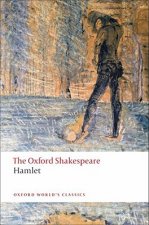
Hamlet: The Oxford Shakespeare
9.41 € -21 % -
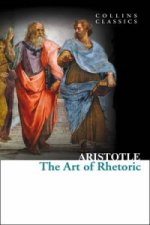
Art of Rhetoric
3.57 € -24 % -
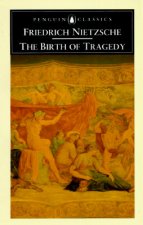
Birth of Tragedy
10.13 € -23 % -

Selected Essays
11.15 € -23 % -
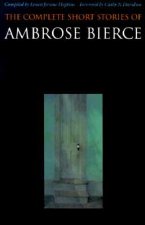
Complete Short Stories of Ambrose Bierce
21.19 € -19 % -

Serpent Power
21.19 € -19 % -
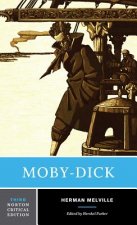
Moby-Dick
18.83 € -

Annotated Alice
11.46 € -21 % -

Nordic Noir
16.58 € -23 % -
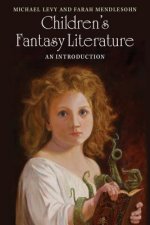
Children's Fantasy Literature
27.13 € -17 % -

Marquis de Sade: A Very Short Introduction
9.10 € -30 % -
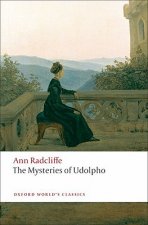
Mysteries of Udolpho
10.23 € -24 % -
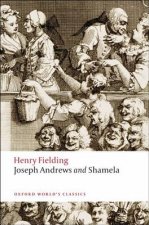
Joseph Andrews and Shamela
9.10 € -19 % -
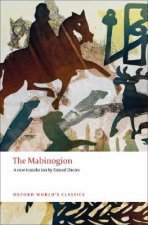
Mabinogion
11.15 € -23 % -

The Picture of Dorian Gray
6.65 € -22 % -
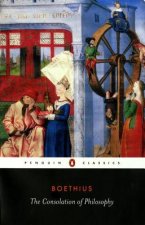
Consolation of Philosophy
11.15 € -23 % -
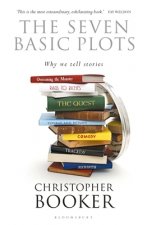
Seven Basic Plots
20.37 € -21 % -

Gulliver's Travels
6.85 € -23 % -
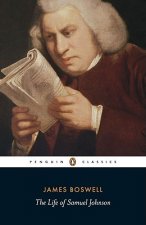
Life of Samuel Johnson
24.87 € -

Powers of Horror
39.11 € -

Road to Hel
61.54 € -

Sejong Korean Student Book 2A - English Edition, m. 1 Audio
29.59 € -
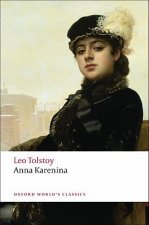
Anna Karenina
9.51 € -16 % -

Wide Sargasso Sea
9.21 € -13 % -
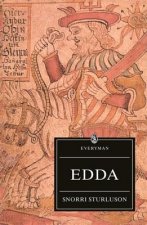
Edda
9.62 € -15 % -

Finn and Hengest
10.13 € -23 % -
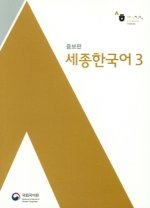
Sejong Korean 3, m. 1 Audio
27.54 € -

If Not, Winter: Fragments Of Sappho
18.73 € -23 % -

Africa's Tarnished Name
3.57 € -24 % -
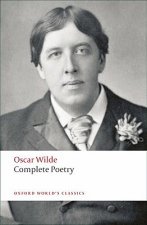
Complete Poetry
8.80 € -

Captain is Out to Lunch
15.97 € -
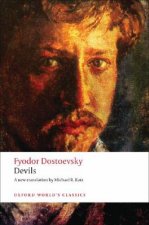
Devils
11.05 € -16 % -
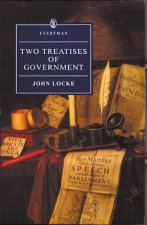
Two Treatises of Government
10.85 € -3 % -
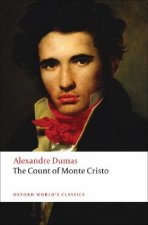
Count of Monte Cristo
11.15 € -23 % -

Sejong Korean 2 (Korean+English Version), m. 1 Audio
27.54 € -
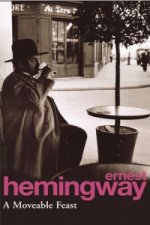
Moveable Feast
10.85 € -10 % -

Moveable Feast
10.64 € -18 % -
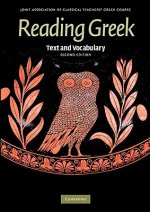
Reading Greek
40.13 € -

Dream Story
11.15 € -23 % -
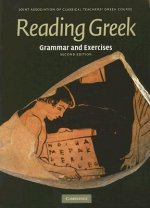
Reading Greek
45.46 € -

Analysis of Donna Haraway's A Cyborg Manifesto
8.69 € -4 % -
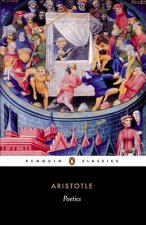
Poetics
11.15 € -23 % -
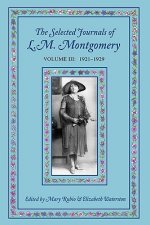
Selected Journals of Lm Montgomery Volume III 1921-1929
20.27 € -9 % -

Leaves of Grass
18.32 € -
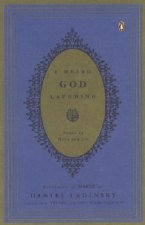
I Heard God Laughing
16.58 € -22 % -

Tragedy of King Richard III: The Oxford Shakespeare
8.39 € -24 % -
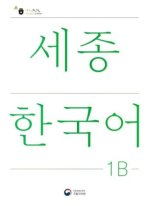
Sejong Korean Student Book 1B - Korean Version, m. 1 Audio
29.59 € -

Wild Ass's Skin
13.20 € -19 %
Osobný odber Bratislava a 2642 dalších
Copyright ©2008-24 najlacnejsie-knihy.sk Všetky práva vyhradenéSúkromieCookies



 21 miliónov titulov
21 miliónov titulov Vrátenie do mesiaca
Vrátenie do mesiaca 02/210 210 99 (8-15.30h)
02/210 210 99 (8-15.30h)